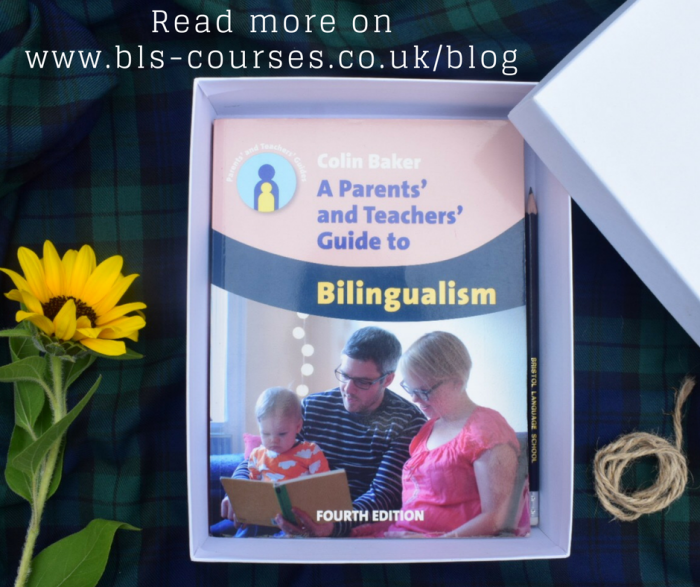“Children are born to become bilinguals and multilinguals.” Colin Baker
This is a bible for any parent, teacher or professional dealing with bilingualism. The book is organised in a question-answer style and also contains some recommendations on further reading. There is no straightforward answer to some of the questions posed; however, the author explains his reasoning and carefully provides advice on the unanswerable questions. Personally, I like the fact that the children’s interests are always put first in this book, and this approach to bilingualism is more relaxed, less strict and gives some room for your child’s own language needs. The guide is divided into 7 sections: Family Questions, Language Development Questions, Questions about Problems, Reading and Writing Questions, Education Questions, Concluding Questions and Glossary. I wouldn’t want to provide any answers here, as I think everybody will look into different topics or queries within the book, but below you will find some examples of the most important questions (in my humble opinion!):
What are the advantages of my child becoming bilingual?
What is the ‘one person – one language’ (OPOL) approach? Is it effective?
How important is it that the child’s two languages are practised and supported outside the home?
What are the most important factors in raising a bilingual child?
Will my child become equally fluent in two languages?
What are the disadvantages of my child becoming bilingual?
My child refuses to use one of his/her languages. What should I do?
How should I help my child to read and write in both languages?
Should my child go to a bilingual school?
What should I look out for in choosing a school for my bilingual child?
Is bilingualism a natural right for any individual?
Overall, I highly recommend A Parents’ and Teachers’ Guide to Bilingualism by Colin Baker. If you’re a bilingual parent, what books or guides would you recommend? Please share your recommendations in the comments below.
Written by Kinga Macalla
